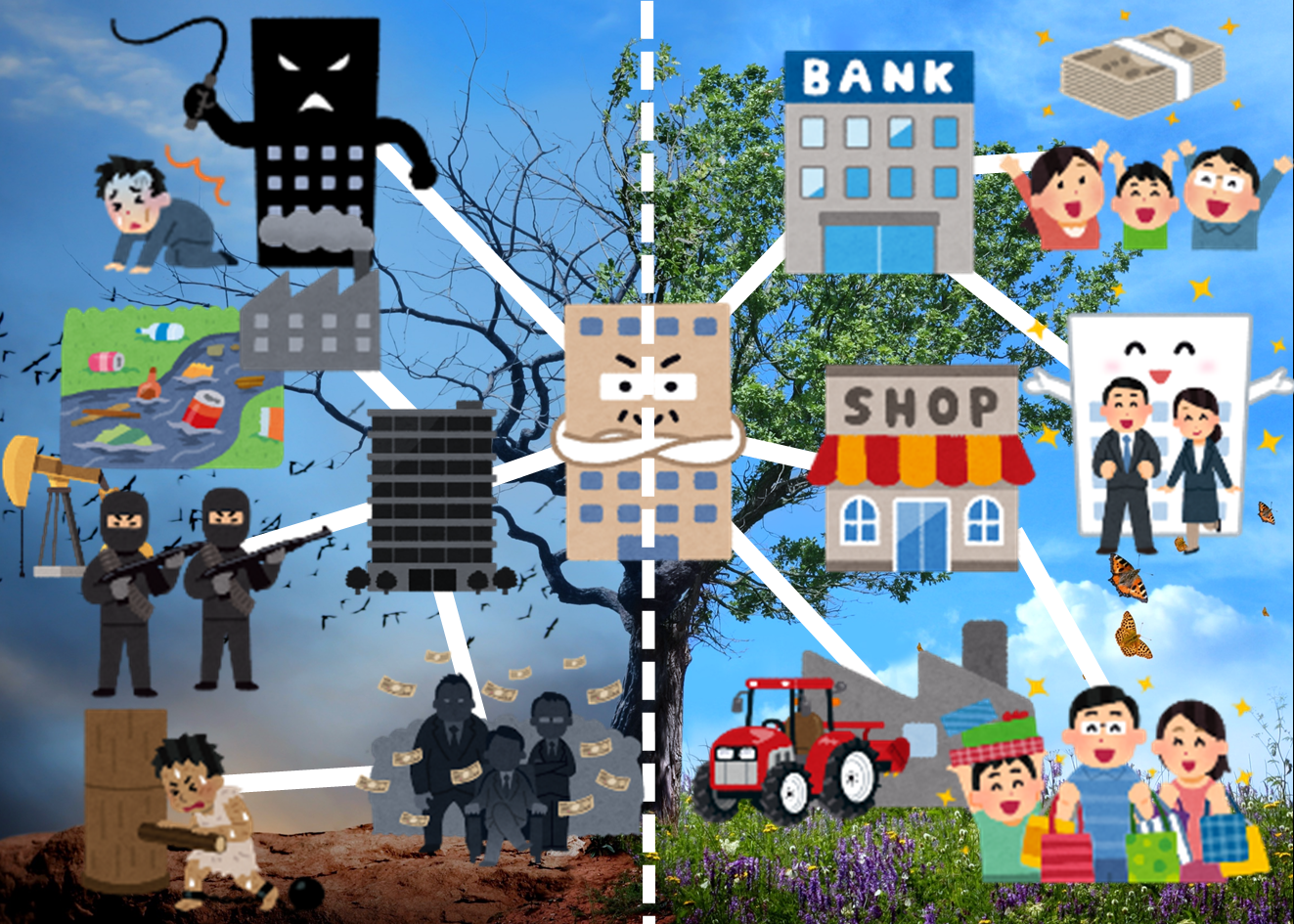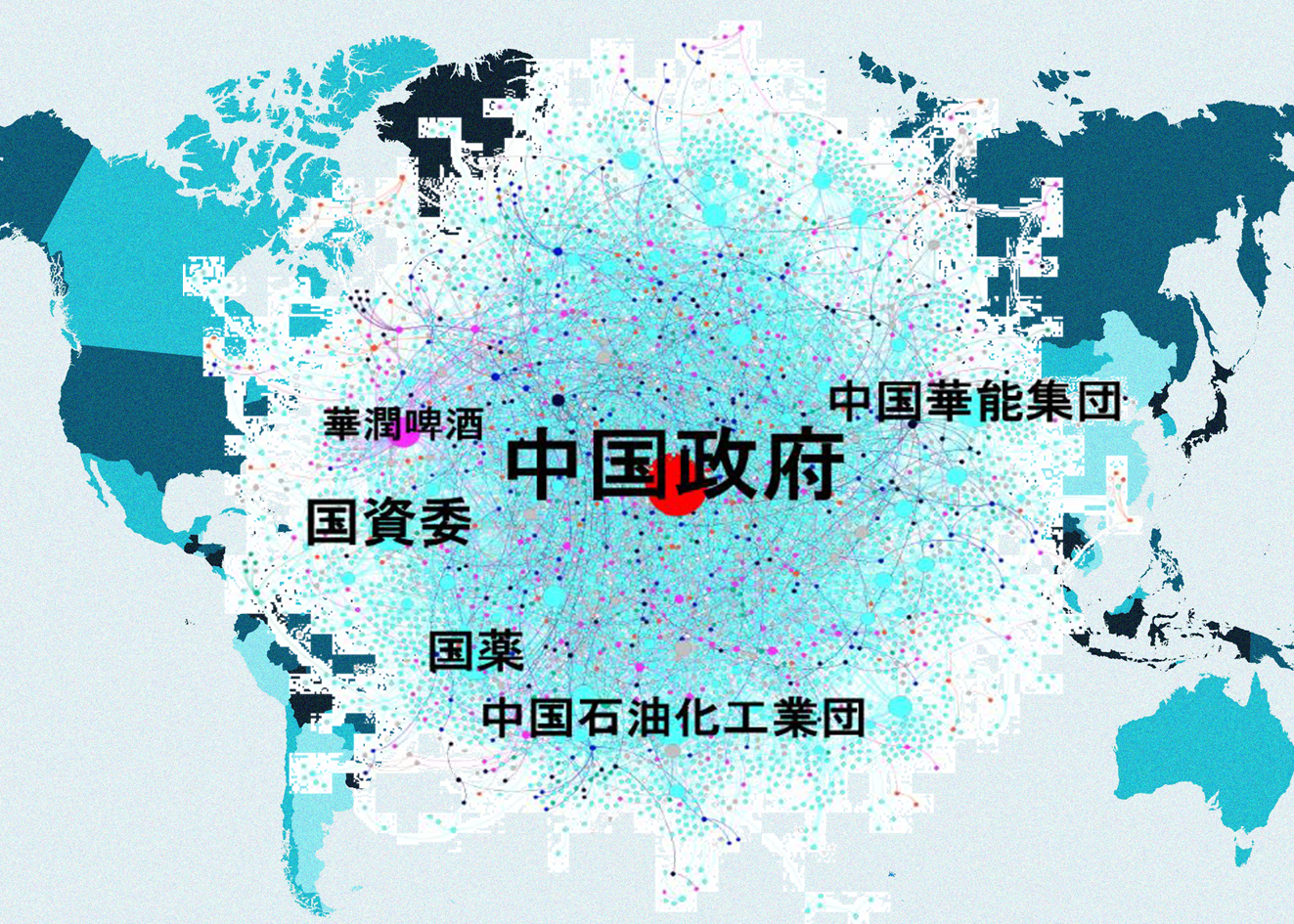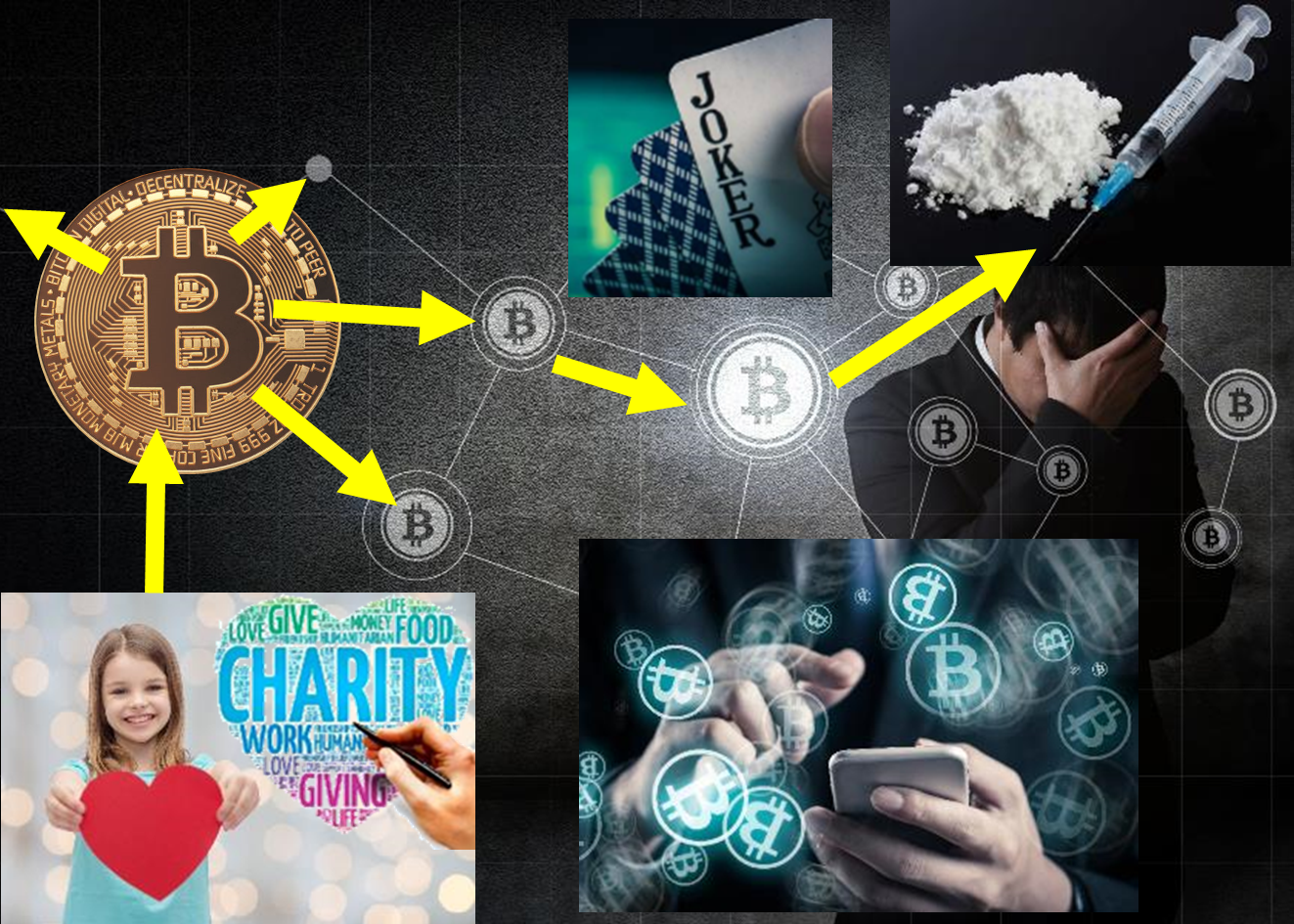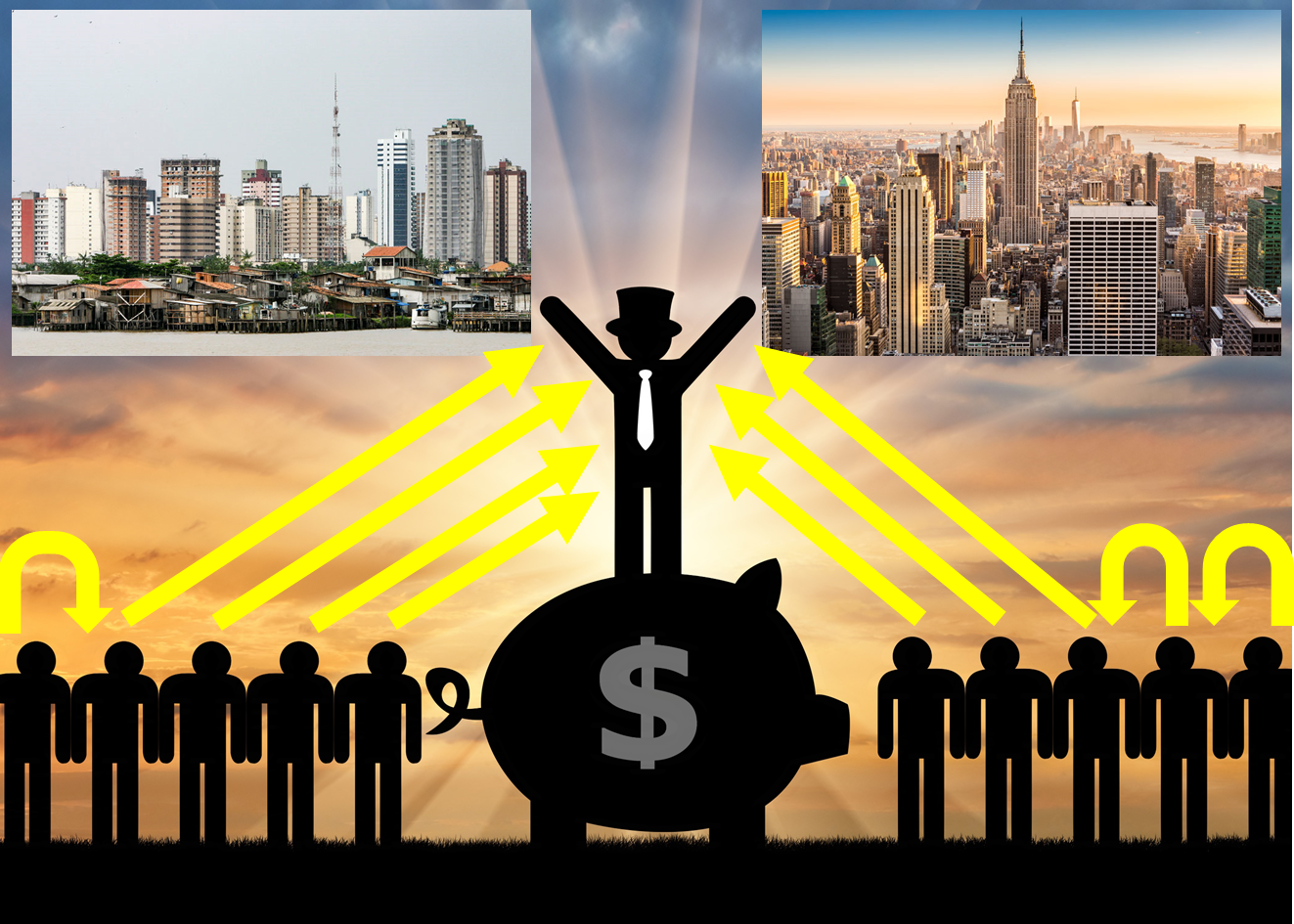Research
Manipulation of public opinion
A study of how it can be prevented in SNSs
SNSs are unstable and dangerous
There are countless SNSs, which are all interconnected to form a global social network where information can easily be transmitted.
People tend to believe information that they find to be convenient. Social networks often create so-called echo chambers, where cliques of like-minded people can stir up emotions, sometimes to an excessive degree.
Unstable and dangerous social networks are exposed on a daily basis to the manipulation of information, such as the deletion and/or addition of information.

Censorship
Deleting posts
The steering of public opinion in China is a well-known fact, and part of the means whereby this is carried out is by censoring SNSs. This is something that also happens in democratic countries.
In 2015, Germany decided to tackle hate speech against refugees by deleting posts, even if a crime had been committed by a refugee. This raised concerns that there would be no deterrent against further crimes being committed.
Deleting posts is one way of preventing echo chambers, but are there any other approaches that could be taken?

Information warfare
Adding posts
It is rumored that other countries intervene in SNSs during election campaigns. Anonymous accounts operated by the Chinese government are creating posts aimed at suppressing collective actions such as demonstrations.
Instead of directly agreeing or disagreeing with a topic, they skillfully try to divert people’s attention away to different topics.
SMS posts cross international borders. Is information manipulation necessary or unnecessary? Maybe we should adopt high ethical standards for work on the development of information processing technology.

References
[1] 水野貴之 (2019) 情報処理 Vol.60 No.11. Oct.15.
[2] G. King, J. Pan, M. Roberts (2013) American Political Science Review 107, 2, 326-343.
[3] G. King, J. Pan, M. Roberts (2017) American Political Science Review 111, 3, 484-501.

Research topics
-

Conflict Minerals / Modern Slavery: Research on dark side correction through the global supply chain
-

The rise of China: Visualization and prediction of power struggles in globalized shareholder networks
-

Economic bubbles and financial crises: Detecting outliers generated by self-feedback and crowd behavior
-

Exclusive nationalism versus multicultural symbiosis: A study of cultural fusion and conflict using big data on the movement of people
-

The economics of online society: Preventing excessive competition in a cyber society free from spatial constraints
-

Safe and secure cryptocurrency society: A study of remittance control systems for the cryptocurrency age
-

Manipulation of public opinion: A study of how it can be prevented in SNSs
-

Wealth inequality: A study of corporate productivity and social polarization